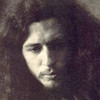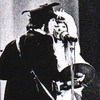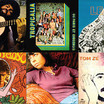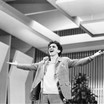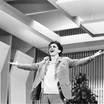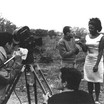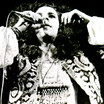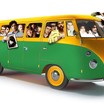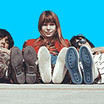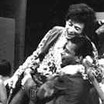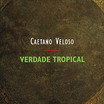Ruídos pulsativos
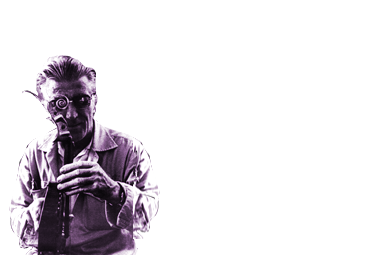
Avant-Garde na Bahia
The School of Music was one of the principal centers in the modernization of the Universidade Federal da Bahia (Federal University of Bahia). Founded in 1954, during the revolutionary mandate of rector Edgard Santos, the school was originally named the Music Seminary of Bahia. For almost two decades the School promoted a complete renewal in the musical repertoire of Bahia. Dodecaphonism, serialism, and works by John Cage, Arnold Schoenberg and Pierre Boulez were introduced to students by the didacticism of its director, the renowned German maestro Hans Joachim Koeullreutter. His teachings, his vast musical and cultural experience and his contact in situ with the European musical vanguards allowed Koellreutter to inaugurate a new age of erudite – and popular – music in Bahia.
One of the first European intellectuals directly invited by the rector Edgard Santos to be part of the teaching staff of the reformed UFBA, Koellreutter stayed as head of the Music School from 1954 to 1963. On leaving, he passed the job on to the Swiss maestro Ernst Widner, from the Zurich Conservatory. Widner remained linked to the Music School for a long time, as part of the Bahian and Brazilian erudite musical scene. Despite not being a born member of the avant-garde like Koellreutter, his presence was fundamental to the continuity of the School’s spirit of freedom and experimentation.
Alongside the two European maestros, another Swiss musician helped to form the tripod of the Bahian erudite music avant-garde. Anton Walter Smetak, who was a cello player and visual artist, worked intensely during this period, leaving as a legacy to Bahian musicians a broad and complex body of work. In 1957, after meeting the maestro Hans Joachim Koellreutter and playing cello at an avant-garde concert with him, he was invited by the latter to become part of the UFBA Music School. Smetak accepted the university’s invitation, where he lectured and worked for twelve years.
At UFBA, Smetak came to dedicate himself to musical research, whose focus was the creation of his innovative musical instruments. Given names such as vina, vau, microtone guitar and araras, these instruments were veritable works of art. His research took place in his studio, located in the basement of the Music School. At the end of the 60s, after the departure of both Edgard Santos and Koellreuter, Smetak began working on new musical fronts. His studio was frequently visited by musicians and young intellectuals. Two years later, his studio began to be visited by Gilberto Gil, Rogério Duarte, Tuzé de Abreu and Djalma Corrêa among others, confirming the recognition of his work’s influence on the musicians and intellectuals of Tropicalism.
The Seminar – subsequently School – of Music at the UFBA was fundamental to the formation of a whole generation which, like Caetano Veloso, Tom Zé and Gilberto Gil, learned in their lessons and in daily life with the teachers to permanently seek esthetic innovation and the new information available in contemporary music.





